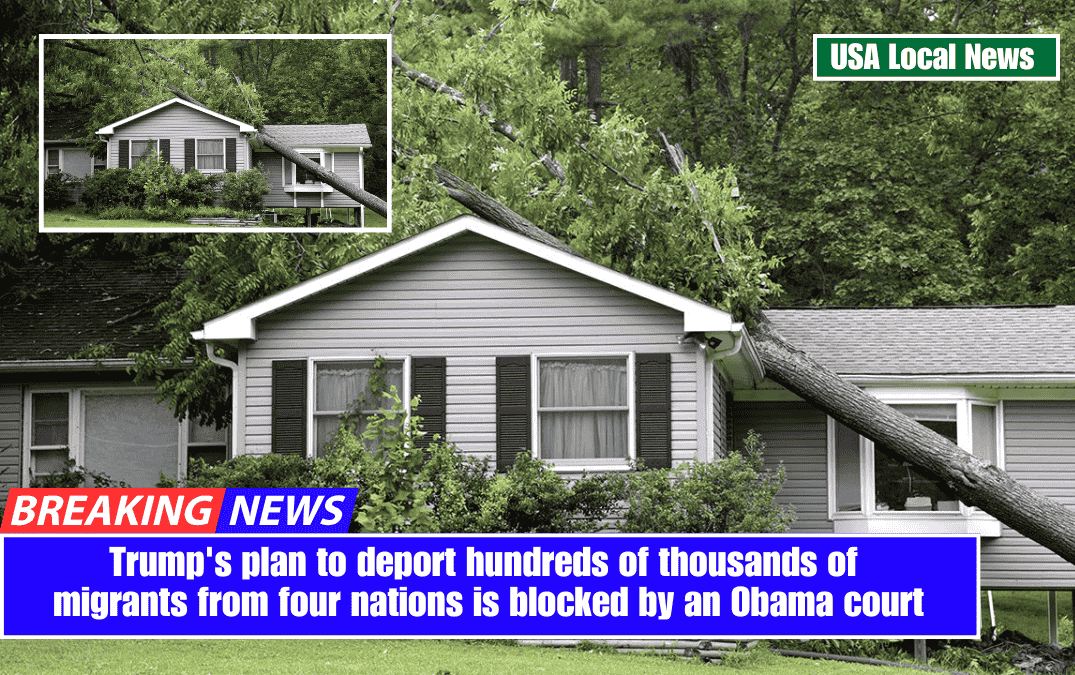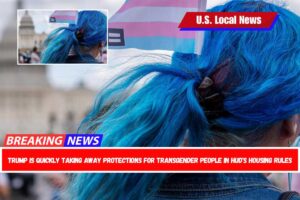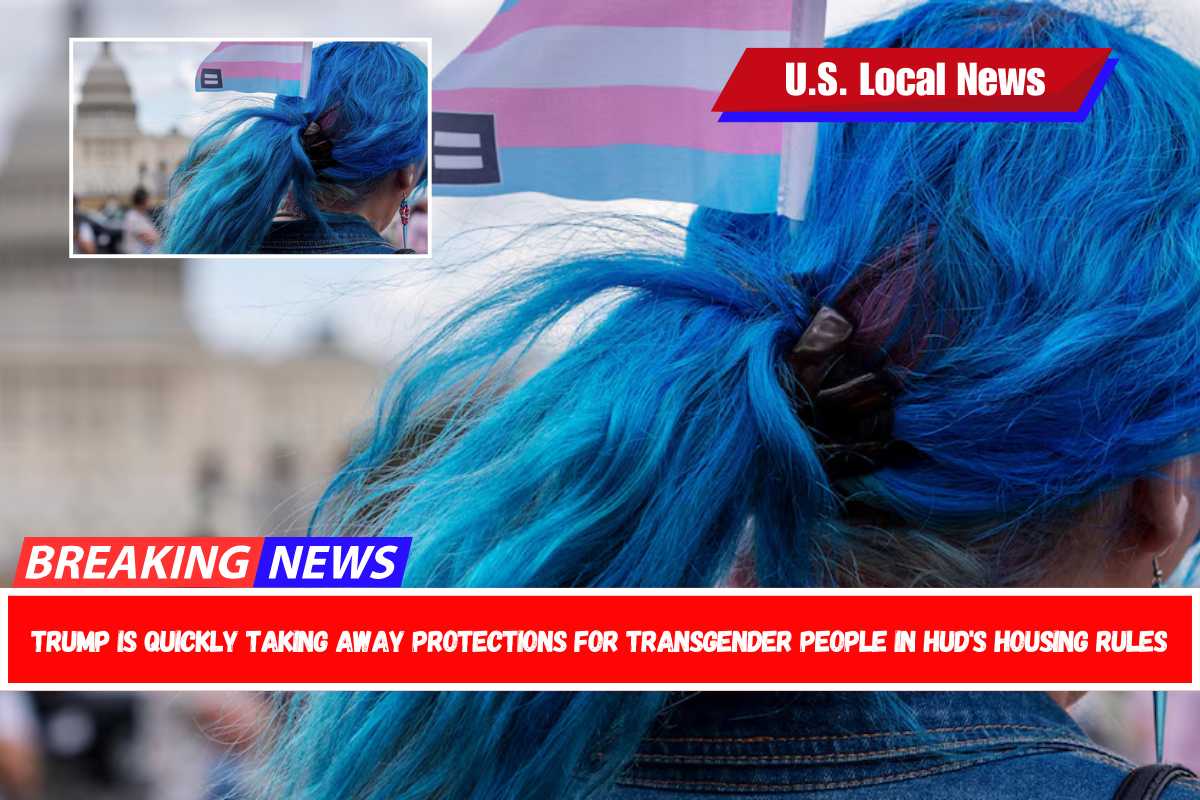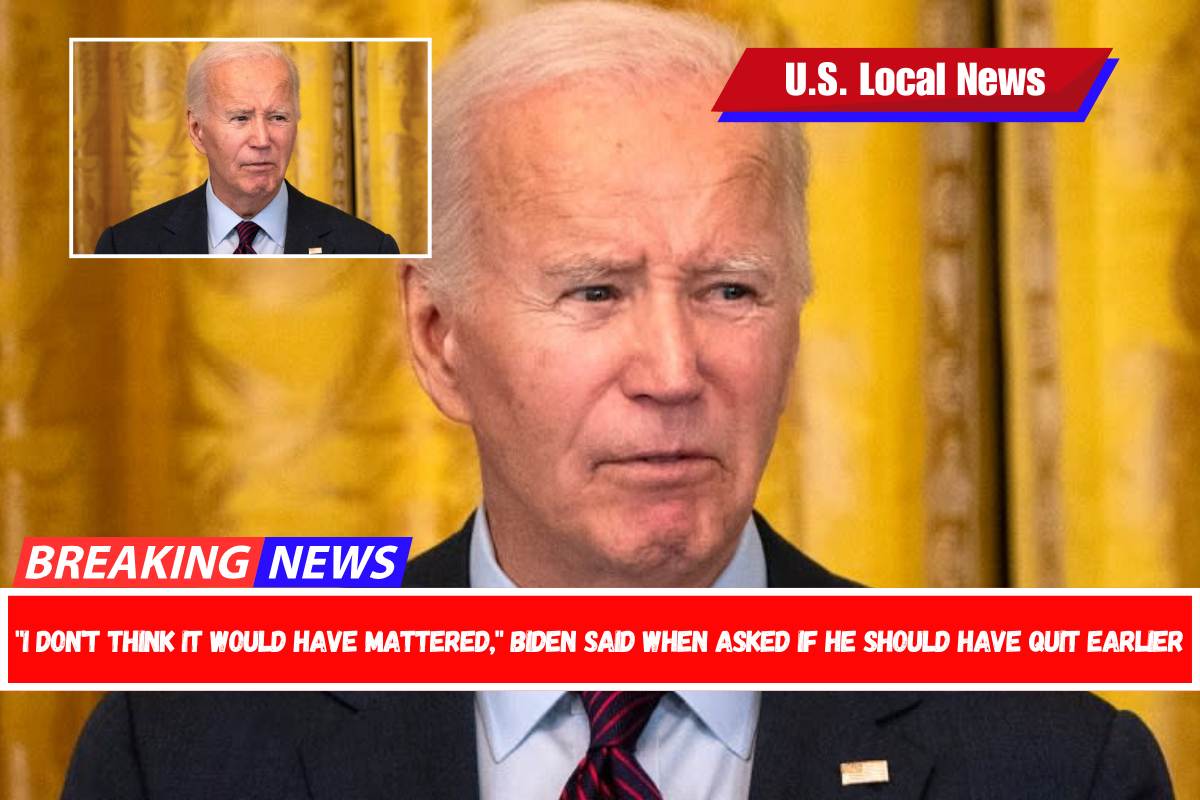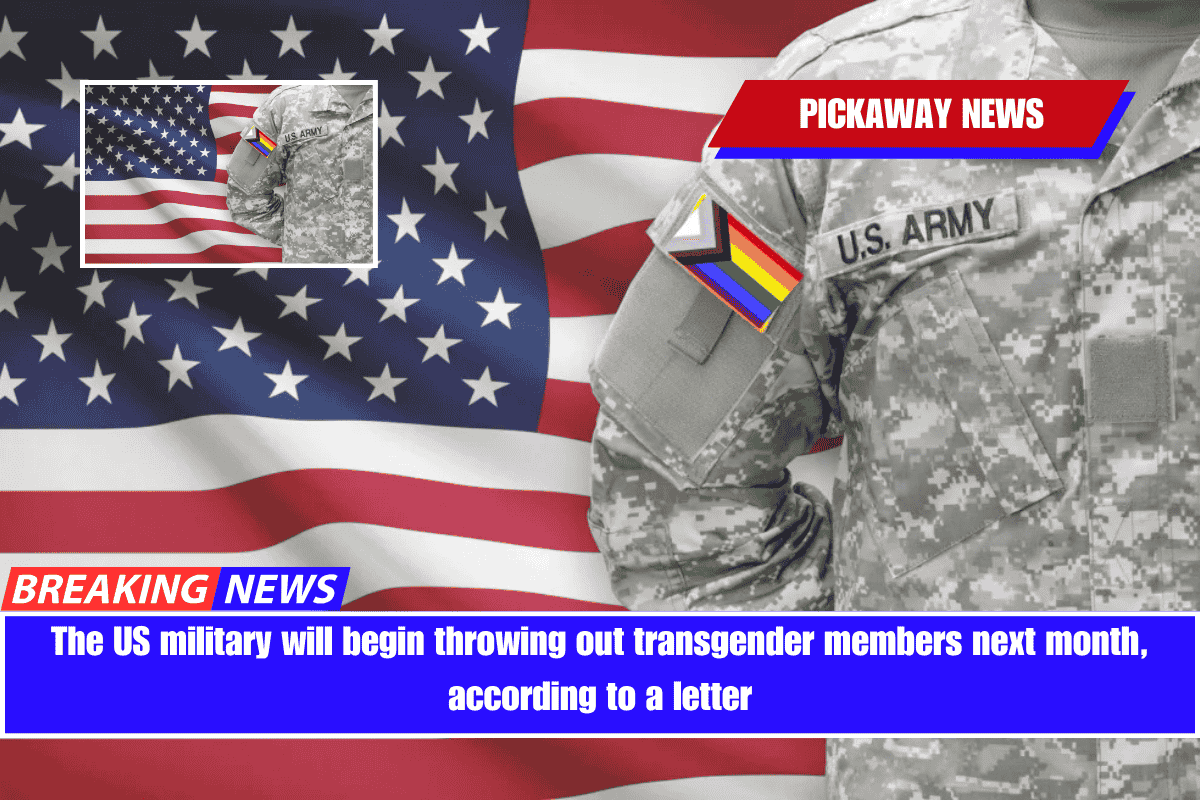An Obama-appointed judge will block the Trump administration from deporting hundreds of thousands of Cubans, Haitians, Nicaraguans, and Venezuelans who have temporary legal status later this month.
The ruling is a significant, albeit possibly temporary, setback for the administration because it repeals Biden-era policies that established new and expanded pathways for people to live in the United States, typically for two years with work authorization.
The order applies to approximately 532,000 people from the four countries who arrived in the United States since October 2022 through a program known as CHNV, which the Biden administration was heavily criticized for.
U.S. District Judge Indira Talwani said she would stay an order requiring more than 500,000 Cubans, Haitians, Nicaraguans, and Venezuelans to leave the country until the case moves forward. Their permits were scheduled to be cancelled on April 24.
During the hearing, Talwani repeatedly questioned the government’s claim that it could terminate humanitarian parole for the four nationalities.
She argued that legal immigrants in the program now have the option of ‘fleeing the country’ or staying and ‘risking losing everything.’
Talwani argued that the secretary’s decision to shorten the parole period for these individuals was unjustified and based on an incorrect interpretation of the law.
‘There was a deal, and now that deal has been undercut,’ she stated later in the hearing.
Last month, the administration revoked legal protections for hundreds of thousands of Cubans, Haitians, Nicaraguans, and Venezuelans, preparing them for deportation in 30 days.
For the approximately 240,000 Ukrainians who sought refuge in the United States following Russia’s invasion in 2021, uncertainty remains.
Trump was said to be considering ending their legal status prior to recent tensions between Washington and Kyiv.
They arrived with financial sponsors, having applied online and paid their own airfare for two-year visas to live and work in the United States. During that time, if the beneficiaries wanted to stay in the United States for an extended period of time, they needed to find alternative legal pathways. Parole is a temporary status.
Trump has ended legal pathways for immigrants to enter the United States, carrying out campaign promises to deport millions of illegal immigrants.
Advocates called the administration’s action ‘unprecedented,’ claiming it would result in people losing their legal status and ability to work, as well as a violation of federal rule-making.
Brian Ward, the government’s lawyer, argued in court that the end of the program does not preclude individuals from being considered for other immigration programs.
He also stated that the government would not prioritize them for deportation, which Talwani found suspicious, given that they could be arrested if they went to the hospital or were in a car accident.
The end of temporary protections for these immigrants has elicited little political backlash from Republicans, with the exception of three Cuban-American representatives from Florida who have called to prevent the deportation of the Venezuelans affected.
One of them, Rep. Maria Salazar of Miami, joined about 200 other congressional Democrats this week in cosponsoring legislation that would allow them to become lawful permanent residents.
It follows the Trump administration’s earlier decision to end what it called the ‘broad abuse’ of humanitarian parole, a long-standing legal tool used by presidents to allow people from countries experiencing war or political instability to enter and temporarily live in the United States.
During his campaign, President Donald Trump promised to deport millions of people living in the United States illegally, and as president, he has also ended legal pathways for immigrants to enter and stay in the country.
DHS stated that parolees who do not have a legal basis to remain in the United States’must depart’ before their parole expires.
‘Parole is inherently temporary, and it is not an underlying basis for obtaining any immigration status,’ the DHS stated.
Prior to the new order, program beneficiaries could remain in the United States until their parole expired, but the administration had stopped processing their applications for asylum, visas, and other requests that would have allowed them to stay longer.
The Biden administration allowed up to 30,000 people from the four countries to enter the United States each month for two years, with the ability to work.
It persuaded Mexico to return the same number from those countries because the United States could only deport a small number, if any, back home.
Haitians and Cubans enrolled in the program are immediately eligible for taxpayer-funded federal benefits such as Medicaid, food stamps, and welfare.
According to DailyMail.com, Medicaid costs approximately $9,175 per enrollee and would cost $1.8 billion if every Haitian who entered the country received it.
SNAP benefits, also known as food stamps, would cost the country $451 million, with general welfare benefits reaching $1.2 billion.
The three figures bring the total spend on benefits to more than an eye-watering $3.4 billion.
Even if only a quarter of Haitians receive all of the benefits they are entitled to, the total amount would be $850 million.
The average costs were obtained from the Center on Budget and Policy Priorities, the Department of Health and Human Services, and the Medicaid Commission.
Court documents show that the vetting process is not stringent, with Haitian applicants receiving an approval rate of 98.3 percent from January to June of last year.
During that time, 78,838 Haitians applied to the program, and the Department of Homeland Security adjudicated 64,285 cases. Among those, 63,214 applications were approved.
This figure was revealed in a lawsuit filed this year by Texas and other Republican-led states seeking to block the program.
Other states, including Florida, Tennessee, and Arkansas, claimed that the program had resulted in increased costs for health care, education, and law enforcement.
They also claimed that the Biden administration was inviting people who would otherwise enter the country illegally.
Cuba typically accepted one deportation flight per month, whereas Venezuela and Nicaragua refused to accept any. All three are US adversaries.
Haiti accepted a large number of deportation flights, particularly after a surge of migrants from the Caribbean country in the small border town of Del Rio, Texas in 2021. However, Haiti has been in constant turmoil, hampering US efforts.
Since late 2022, more than half a million people have arrived in the United States under the policy, also known as CHNV.
It was part of the Biden administration’s strategy to encourage people to use new legal channels while cracking down on those who crossed the border illegally.
